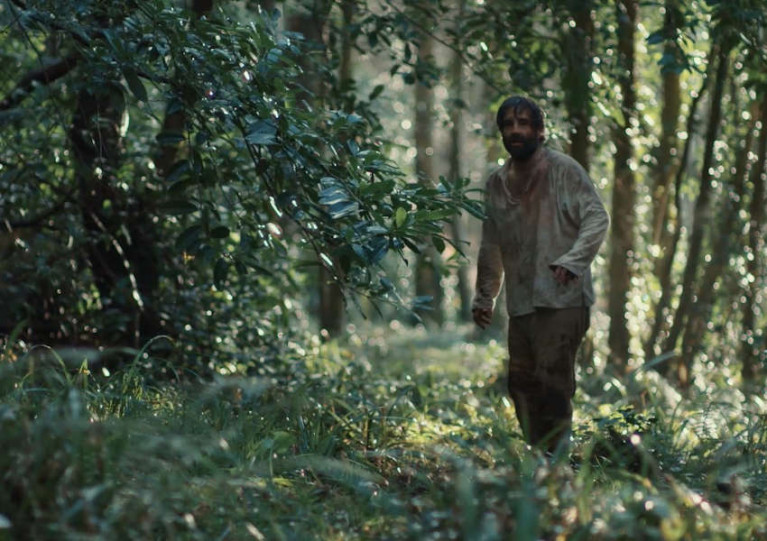Displaying items by tag: docudrama
A new docudrama telling the story of a Spanish Armada captain shipwrecked in Sligo launches tonight (Friday 22 May) as a digital download.
Armada 1588: Shipwreck & Survival follows the tale of Captain Francisco de Cuéllar, who washed ashore on Streedagh Beach near Grange on 21 September 1588.
Based on a true life account, the 27-minute film describes how three Armada ships were wrecked at Streedagh, with the loss of more than 1,000 Spanish lives.
De Cuéllar was one of the few Spanish soldiers to escape death, and as the producers describe, “his flight to freedom includes capture and escape, ruin and salvation, told in the words of someone who had to reach the very limits of human endurance to survive”.
Directed by Al Butler and written by Butler with Micheál Ó Domhnaill, the film was produced for Spanish Armada Ireland by Dublin-based company Mediacoop. It features Spanish actor Fernando Corral as Francisco de Cuéllar, and also includes many local actors, production and technical staff.
The film was funded by the Department of Rural & Community Development, Sligo County Council and Spanish Armada Ireland under the Town & Village Renewal Scheme.
Additional production services were provided by Sligo-based production company Omedia. It was filmed in February 2020 in locations across Sligo and Leitrim and is the first docudrama produced exclusively on the life of De Cuéllar.
Presented in both English and Spanish, the film will be available as a digital download at SpanishArmadaIreland.com from 9pm this evening, following a special online screening for funding partners.
The cost to download the film is €4.99 with proceeds going towards the development of the Spanish Armada Visitor Centre in Grange.
Following its launch this evening, Armada 1588: Shipwreck & Survival will be entered in film festivals in Ireland and Spain, and its is hoped to also secure broadcast deals in both countries.





























































